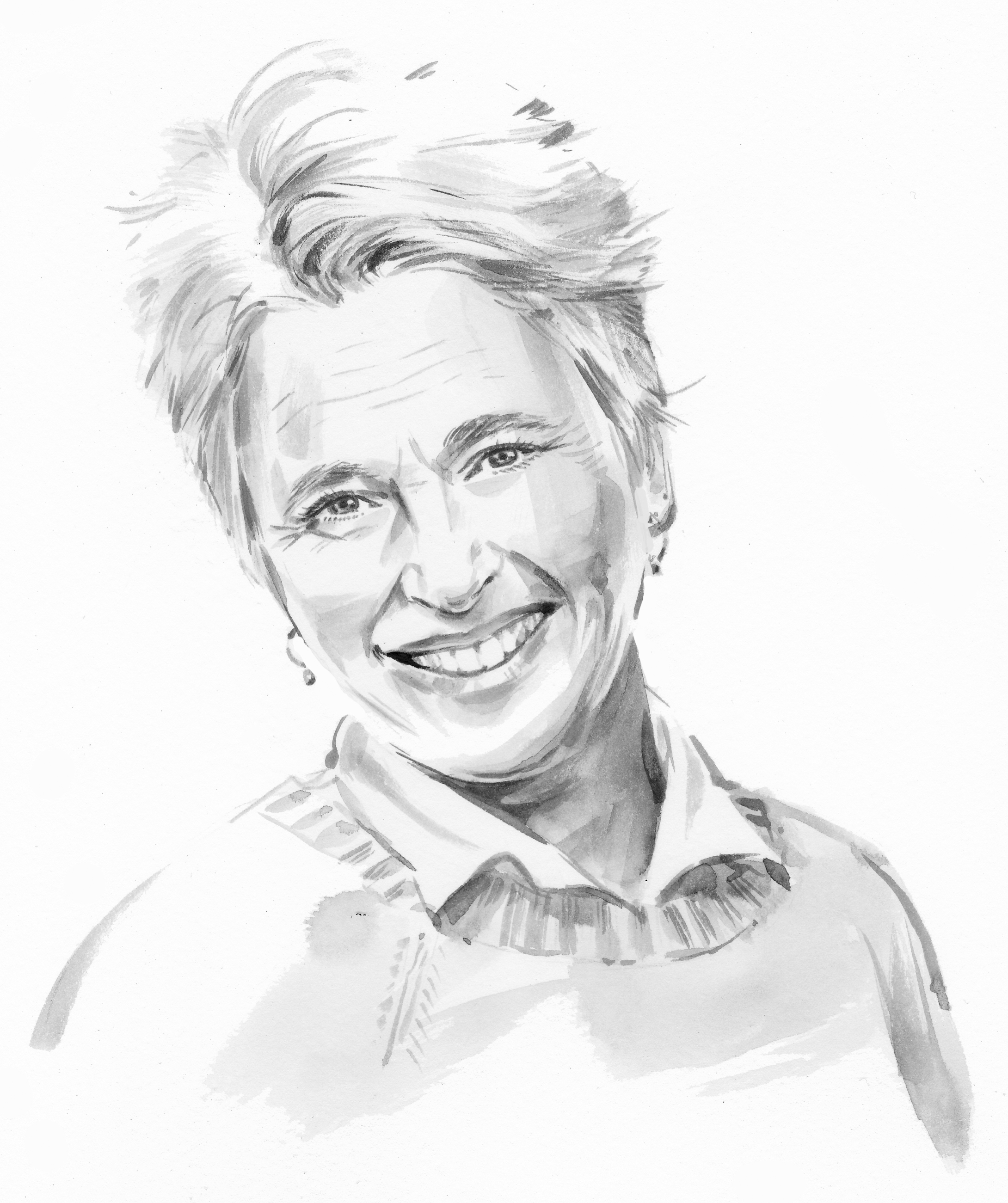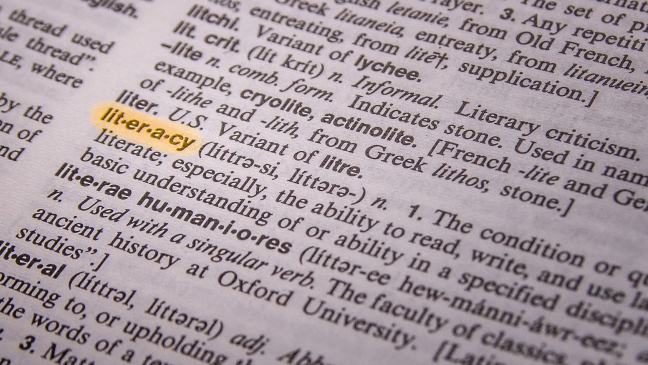Recently I found myself sitting in a meeting with colleagues from different schools and different phases, feeling confused.
The meeting was about literacy and, as it progressed, I found it harder to make sense of the conversation.
Then, it dawned on me: I was confused because we were talking at cross purposes. I was talking through my definition of literacy - the ability to read and write - whereas the other people in the meeting were talking about the subject of English.
This made me realise how much our definition of literacy has changed in recent years. Once, literacy in schools meant the teaching of reading, writing and spoken language, but now there is functional literacy, reading literacy, scientific literacy and critical literacy. All of these things are seen to be important.
At the same time, we have GCSE English literature and language, which are altogether different. These qualifications undoubtedly rely on the ability to read and write, but they use those skills as tools for learning about texts, which are the real focus of study.
This is English, but can we call it “literacy”?
More from Megan Dixon:
Well, in a way, we can: the study of English relies on disciplinary literacy. This is defined by education researcher Zhihui Fang as “the development of students’ ability to engage in social, semiotic and cognitive practices consistent with those used by content experts”.
Literacy vs English: what’s the difference?
Of course, disciplinary literacy is a concept that can be applied to all subjects; whether we are studying maths, science or art, we have to be skilled in the conventions of communicating our knowledge in that subject. This is about understanding how language works in different subject areas: how vocabulary is used, how question phrasing will shape the answer expected, and how to interpret the written and graphic materials used for learning.
So English at secondary level relies on disciplinary literacy.
At primary level, though, we seem to get the reverse.
Here, the subject described in the national curriculum as “English” is more accurately defined as what we used to call “literacy”. The primary English curriculum focuses on the nuts and bolts of reading and writing, with very little reference to the bread and butter of English: texts.
This is literacy, then. But is it English?
More confusion lies in how literacy is defined at an international level: the Programme for International Student Assessment (Pisa) refers to something called “reading literacy”, which the Organisation for Economic Cooperation and Development, which runs Pisa, defines as “the ability to understand, use and reflect on written texts in order to achieve one’s goals, to develop one’s knowledge and potential, and to participate effectively in society”. This seems to add yet another element to the mix: the concept of personal agency and understanding the purpose of reading and writing.
No wonder people are confused.
So how do we make things clearer? Should primary schools be teaching disciplinary literacy within each of the subject areas that they teach? Perhaps they should. Should there be a greater focus on texts within the primary programmes of study? It might help. Should secondary schools teach literacy? Perhaps; we never stop learning to speak, read and write.
However we get it, we need clarity. I have a good understanding of how to teach children to read and write, and would always choose to teach through powerful, engaging and motivating texts, drawing on the strong historical and cultural traditions they embody - and yet I am not entirely sure what it is I am teaching.
I think it is important that I know.
Megan Dixon is a doctoral student and associate lecturer at Sheffield Hallam University






